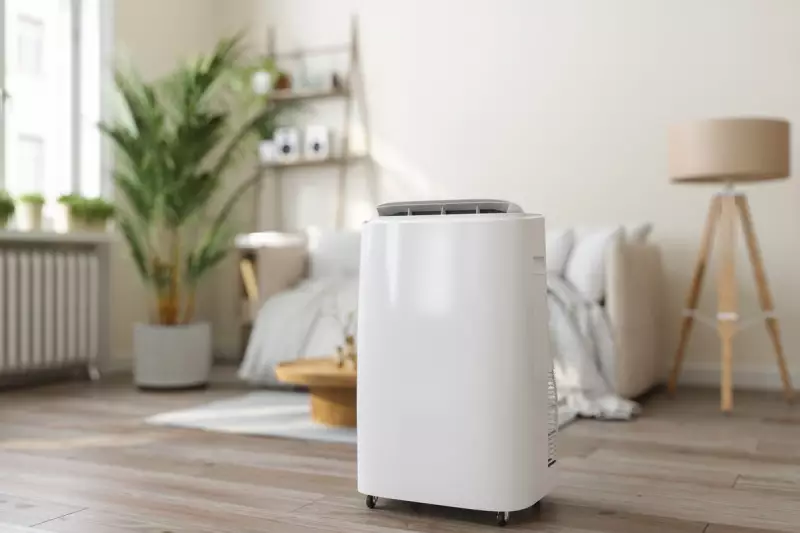
As winter approaches and temperatures drop, many UK households face the familiar battle against damp, condensation, and mould. While dehumidifiers offer an effective solution, homeowners are increasingly concerned about their impact on already stretched energy bills.
The Shocking Truth About Dehumidifier Energy Consumption
Modern dehumidifiers are far more energy-efficient than their predecessors, but their running costs can still vary dramatically depending on several key factors:
- Dehumidifier type: Desiccant vs compressor models perform differently in various temperatures
- Room size and dampness: Larger spaces and severe damp require longer running times
- Energy efficiency rating: A-rated models can save significant amounts over time
- Current energy tariffs: With prices around 28p per kWh, every hour counts
Calculating Your Actual Costs
Based on current average electricity prices, running a typical 200W dehumidifier for 8 hours daily could cost approximately 45p per day. That adds up to around £13.50 monthly or £162 annually if used consistently throughout the damp season.
However, smart usage can dramatically reduce these figures. Many households find running their unit for 4-6 hours daily provides adequate moisture control, potentially halving their costs.
Energy-Saving Tips That Actually Work
- Choose the right type: Desiccant models work better in cooler temperatures, while compressor units excel in warmer conditions
- Size matters: Select a unit appropriate for your room size to avoid overworking the device
- Use timers strategically: Run during off-peak hours if you have an Economy 7 tariff
- Maintain your unit: Clean filters regularly to ensure optimal performance
- Combine with natural ventilation: Open windows when weather permits to reduce reliance on the dehumidifier
Is the Investment Worth It?
While the running costs might seem significant, consider the alternative expenses of dealing with damp-related issues:
Property damage: Mould remediation and repairing damp walls can cost thousands. Health concerns: Damp environments exacerbate respiratory problems and allergies. Heating efficiency: Dry air feels warmer, potentially allowing you to lower your thermostat.
For most households dealing with persistent damp, a dehumidifier represents excellent value compared to the potential costs of inaction. The key is using it strategically rather than leaving it running constantly.
As energy expert Michael Hammond notes, "Modern energy-efficient dehumidifiers, when used correctly, can actually save homeowners money by reducing heating costs and preventing expensive damp repairs."





